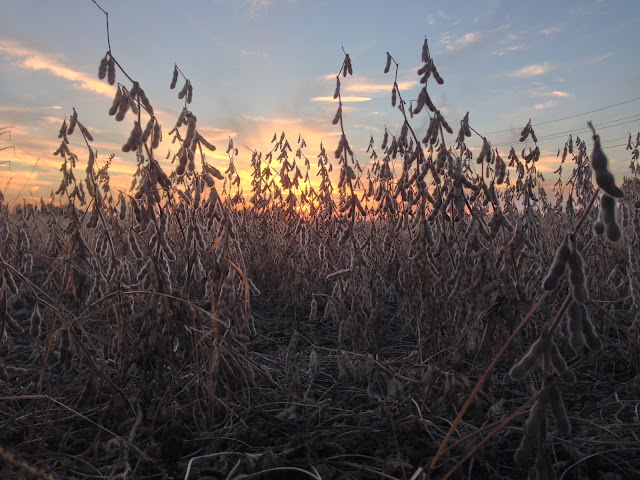Must be lived out from day to day.
Vision held open in the dark
By our ten thousand days of work.
Harvest will fill the barn; for that
The hand must ache, the face must sweat.
And yet no leaf or grain is filled
By work of ours; the field is tilled
And left to grace. That we may reap,
Great work is done while we’re asleep.
When we work well, a Sabbath mood
Rests on our day, and finds it good.
--Wendell Berry (1935- ), American poet, farmer, essayist, teacher, and agrarian.
Scripture reference: Luke 10: 1-11, 16-20 and Galatians 6:1-16, Proper 9C


















